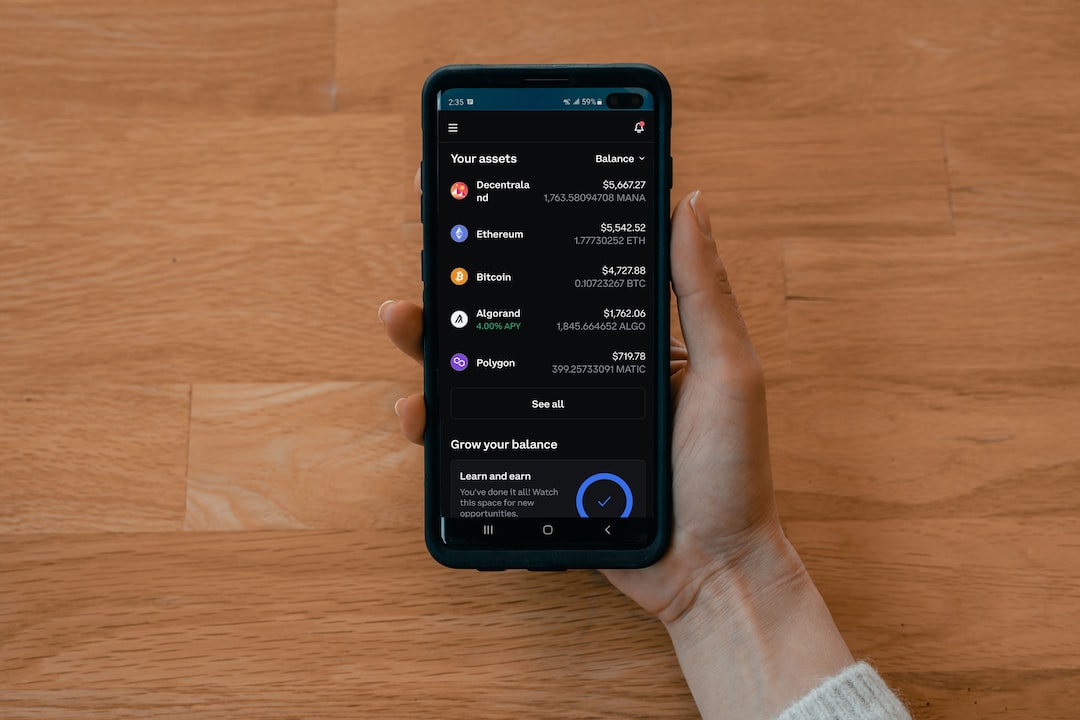Tensions Rise as Former FTX CEO’s Trial Approaches
The criminal trial of former FTX CEO Sam “SBF” Bankman-Fried is drawing near, and tensions are escalating in the courtroom. Both the Department of Justice (DOJ) and the defense have submitted their voir dire questions for jury selection on October 3. However, both sides are accusing each other of asking intrusive and potentially prejudicial questions.
Defense Attorney Mark Cohen criticized the DOJ’s proposed jury questions, arguing that they discourage full disclosure from potential jurors and could present the allegations against Bankman-Fried in a prejudicial manner. Cohen specifically pointed out the omission of the word “allegedly,” which implies that fraud by Bankman-Fried is a proven fact.
The defense also objected to questions that could predispose jurors to favor the prosecution due to their association with the federal government. In the volatile cryptocurrency space, where public sentiment can sway drastically, such biases could greatly impact the trial’s outcome.
The Controversial Question 31
Question 31, which asks potential jurors about their encounters with law enforcement, raised particular concerns for the defense. Cohen argued that this question is irrelevant and has the potential to disproportionately affect people of color, leading to the exclusion of racially diverse jurors.
The DOJ also raised objections to some of Bankman-Fried’s proposed questions, claiming that they are designed to influence potential jurors and bias them in favor of the defendant.
With seven fraud charges and a maximum sentence of 110 years in prison if convicted, Bankman-Fried’s trial carries high stakes. The jury selection process is not merely procedural but rather a critical phase that could significantly impact the trial’s outcome.
Hot Take: The High-Stakes Trial Ahead
The criminal trial of former FTX CEO Sam “SBF” Bankman-Fried is rapidly approaching, and tensions between the defense and the DOJ are escalating. Both sides have submitted their voir dire questions for jury selection, but accusations of intrusive and prejudicial questions have been thrown back and forth.
Defense Attorney Mark Cohen has criticized the DOJ’s proposed questions, arguing that they discourage full disclosure from potential jurors and present the allegations against Bankman-Fried as established facts. The defense also raised concerns about biases favoring the prosecution due to jurors’ association with the federal government.
The controversial Question 31, which asks about encounters with law enforcement, has drawn particular objections from the defense, citing its potential to disproportionately affect people of color. The DOJ also raised objections to Bankman-Fried’s proposed questions, claiming bias.
With seven fraud charges and a maximum sentence of 110 years at stake, the trial’s outcome hinges on the crucial jury selection process.





 By
By
 By
By
 By
By
 By
By
 By
By
 By
By